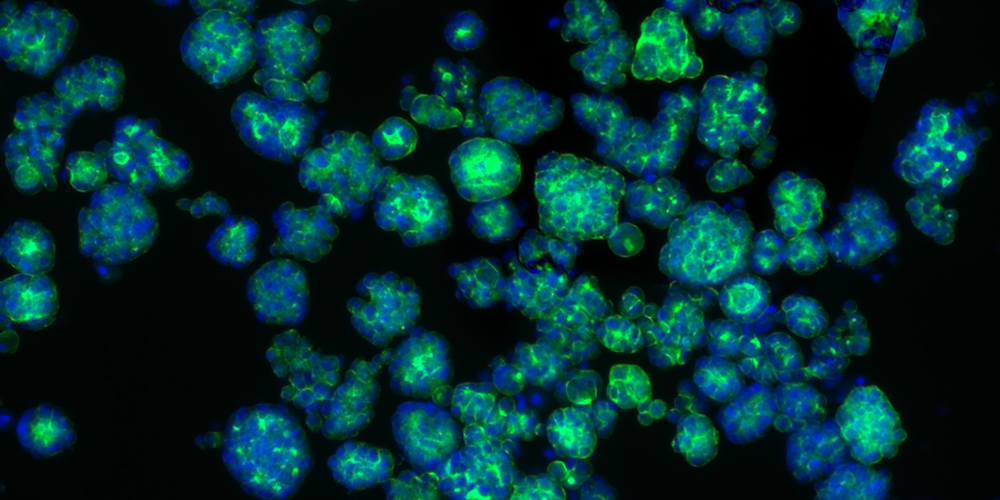The liver is a vital organ with many important functions in the body. It metabolizes nutrients, stores energy, regulates the blood sugar level and plays a crucial role in detoxifying and removing harmful components and drugs. Liver cancer is one of the world’s most lethal types of cancer. Conditions that cause liver cancer include obesity, excessive alcohol consumption and hepatitis C infection. Early diagnosis and appropriate therapeutic strategies are crucial for improving treatments in liver cancer.
Cancer as a metabolic disease
In the past decade, scientist have made much progress in understanding the multiple facets of cancer. Historically, it has long been viewed as a disorder in cell proliferation. However, there is growing evidence that cancer is a metabolic disease. In other words, cancer arises when cells rewire their metabolism to allow uncontrolled cell proliferation. How do cells change their metabolism and how does this change in turn lead to tumorigenicity? With their new study in “Cell”, researchers led by Prof. Michael N. Hall at the Biozentrum, University of Basel, have discovered a key driver of metabolic rewiring in liver cancer cells.
Accumulation of arginine in liver cancer
Healthy liver cells gradually change their behavior when turning into cancer cells. They reprogram their metabolism to grow as fast as possible, for example, they consume much more glucose than normal cells and they enhance the uptake of nutrients.
“We investigated liver tumor samples from mice and patients and found elevated levels of arginine, despite reduced synthesis. The tumor cells accumulate high levels of arginine by increasing its uptake and suppressing its consumption,” says lead author Dirk Mossmann. “Furthermore, we found that the high levels of arginine are necessary for tumor development, independently of the amino acid’s role in protein synthesis. This then begged the question, how does arginine lead to tumorigenicity?”
The role of arginine in tumor growth
At high concentrations arginine binds to a specific factor, which triggers metabolic reprogramming and promotes tumor growth by regulating the expression of metabolic genes. As a consequence, tumor cells revert back to an undifferentiated embryonic cell state, in which they can divide indefinitely. Interestingly, tumor cells also benefit in another way from increasing the uptake of arginine. “Our immune cells depend on arginine to function properly”, says Mossmann. “Therefore, depleting arginine in the tumor environment helps the tumor cells escape the immune system.”
Implications for the diagnosis and therapy of liver cancer
What do these findings mean for cancer therapy?
The scientists propose to target the specific arginine-binding factor rather than depleting arginine. “When treating liver tumors with the anticancer drug indisulam, we induce the degradation of this factor and thus prevent metabolic reprogramming”, adds Mossmann. “Via this route, one can avoid unwanted side effects of reducing overall arginine levels, like harming immune cells that need arginine to work properly.” Furthermore, metabolic changes such as increased arginine levels may serve as biomarkers for detecting cancer at an early stage, which is crucial for successful cancer treatment and patient survival.
Original publication:
Dirk Mossmann, Christoph Müller, Sujin Park, Brendan Ryback, Marco Colombi, Nathalie Ritter, Diana Weißenberger, Eva Dazert, Mairene Coto-Llerena, Sandro Nuciforo, Lauriane Blukacz, Caner Ercan, Veronica J. Cenzano, Salvatore Piscuoglio, Fatima Bosch, Luigi M. Terracciano, Uwe Sauer, Markus H. Heim, and Michael N. Hall: Arginine reprograms metabolism in liver cancer via RBM39. Cell; published online 6 October 2023
Contact: Communications, Katrin Bühler



